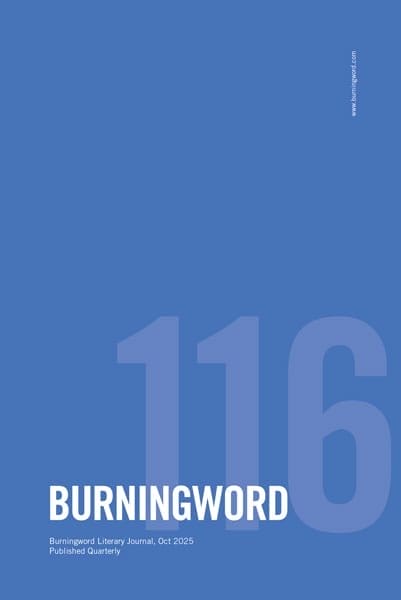Power Outage
I met my first wife in an art gallery in Paris. She was an American girl who had carefully saved her pennies for a trip to Europe after graduating from college. That was my story, too. We spent a month together in the City of Lights. All we did was argue.
When we returned to the States, we went our separate ways, but we hooked up again later in San Francisco. We got married in 1962. We were often at odds, but our contentiousness took on a different pattern after we were married. Periods of peace and calm were followed by stormy disputes. We let disagreements fester, then released our feelings in a torrent of angry words.
Our marriage wasn’t all feud. We had some good times. Our wedding was a hoot. My wife’s family lived in Las Vegas. My bride’s sister was a hard-drinking, foul-mouthed reporter for a local newspaper. Her two brothers were blackjack dealers. They lived at the fringes of Las Vegas society, one foot in the middle class milieu of apple pie and church on Sunday, and the other in the glitz and sleaze of casino life.
We got married in my sister-in-law’s house. The mayor and the governor of the state were there. I got drunk the morning of the ceremony, and I didn’t sober up until the second day of our honeymoon.
I remember my brother-in-laws showing me some of the tricks of the trade in the gambling business the night before the wedding. They taught me how to play blackjack the way it should be played. Only players cheated, they said, but they showed me what a dealer could do with a deck of cards in his hands, and the demonstration cured me of the gambling bug.
One Thanksgiving, the whole troop drove up from Las Vegas to our house in northern California. When Joe and Raymond, my wife’s brothers, walked through the door, they were each carrying a bottle of booze as big as a cattle car. The bottle of scotch–good stuff, too, as I recall–had a cradle that you set it in. It operated like an oil rig. You tilted it to pour.
My wife’s sister and her husband were there, too, and my wife’s mother, a frail and terrified elderly woman. Her husband, a famous band leader in days gone by, had not been invited. He wasn’t at the wedding, either. He was persona-non-grata with the family. He ran a pawnshop in Palm Springs.
It was a memorable turkey day. We had two turkeys in the oven, and midmorning the oven blew a fuse. I couldn’t find a spare fuse. I went outside and lit a fire in the barbecue in the back yard, and we loaded one of the turkeys onto that. Joe and Raymond set off to see if they could find a fuse. They called a short while later and reported that everything was closed.
The problem with the barbecue was that I couldn’t regulate the temperature. It was one of those barrel kinds, and when I closed the top, the temperature climbed to well over what my wife said was the proper cooking temperature. I had to keep opening and closing the lid to keep the reading within a reasonable range.
Then it started to rain. I got an umbrella and held it over the barrel of the barbecue and watched the temperature climb to five hundred degrees. I took away the umbrella. The rain pelted the hissing metal, and the temperature dropped like a stone.
An hour later the brothers returned. Joe, a big grin on his face, held two fuses in the palm of his hand. They were the size and shape of shotgun shells.
Raymond told the story. They had walked into a Laundromat, told the customers that they were from the utility company, and said that the power would be out for a few minutes while they made some needed repairs. They filched the fuses and escaped through the back door.
Guess which turkey turned out the best? They were both good, but the one I cooked in the back yard was the best. It was as moist and tender as any bird I’ve eaten before or since.
My wife and I were divorced in 1971. She has remarried, happily, I hope. I have remarried, too; twice, as a matter of fact.
I lost track of Raymond but got bits and pieces of information about the rest of the family as time went on. The sister and her husband both died of cancer. Joe ended up in jail. Joe hated dealing; he was always hatching a get-rich-quick scheme, but his plans always failed. I’m not sure what he did to end up in prison; possibly robbery.
I’ll never forget what Joe said to me after his mother died. Carrie and I were still married at the time, and we had gone to Las Vegas for the old lady’s funeral. I was having a drink with Joe at the Flamingo. He was working that day, and I had moseyed around the casino, playing the nickel slot machines, until it was time for his break.
We were gabbing about this and that: marriage, work, life in general. I remember saying something about the funeral and Joe nodding his head. He didn’t like funerals, Joe said, but he wasn’t afraid of dying. “What’s so bad?” he asked. “You die, your troubles are over.” He wouldn’t mind going to sleep some night and not waking up, he said.


